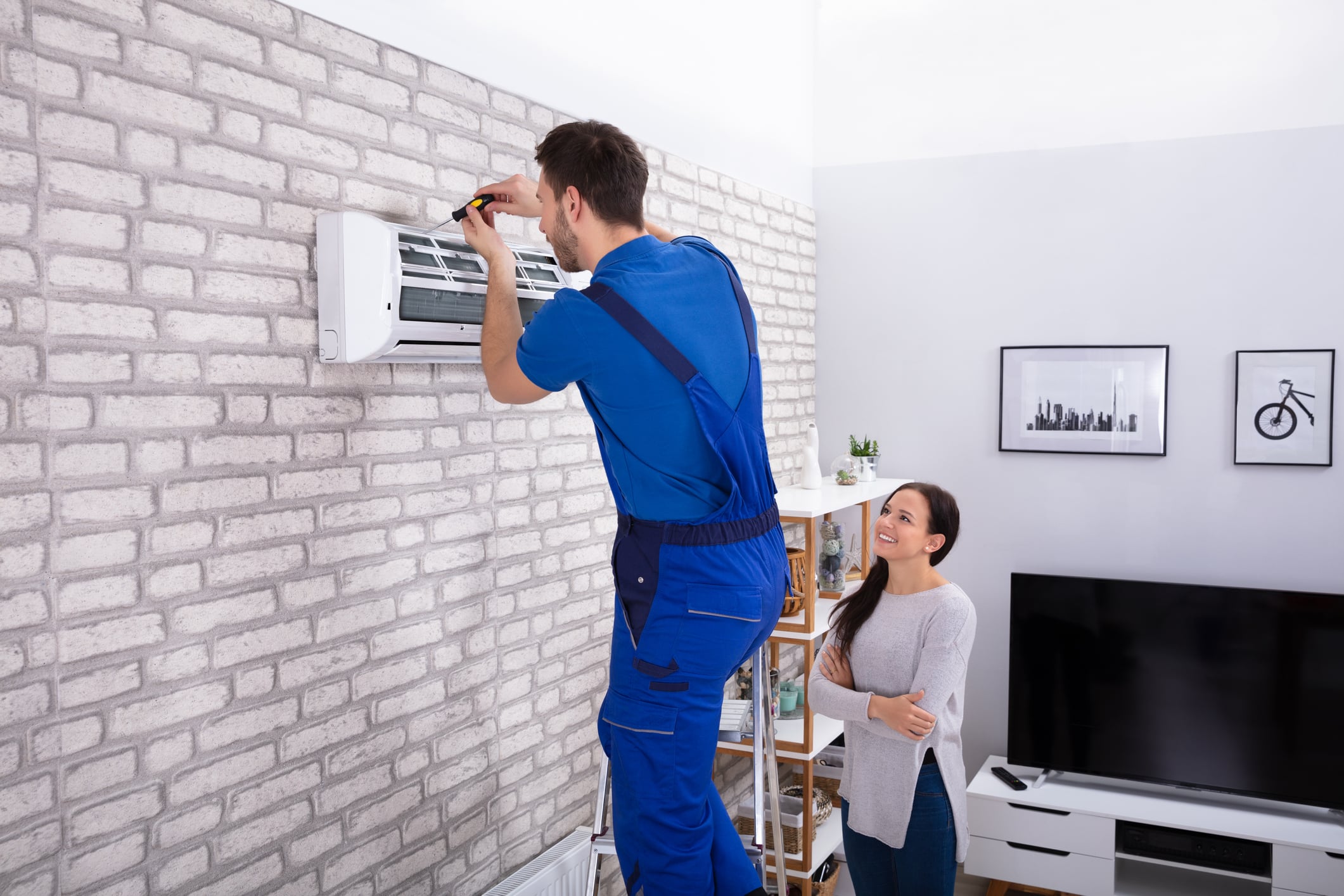
The COVID-19 pandemic has brought to light many issues with how air is ventilated in homes and other buildings. Indoor air quality is no longer an issue only among allergy sufferers. It is a growing topic of discussion among homeowners, building owners, tenants, and the public in general as a matter of safety related to a pandemic that has wreaked havoc on so many lives. More than ever before, people are taking a closer look at ventilation issues and how improvements could help prevent indoor air pollution and the spread of infectious airborne particles.
According to The American Lung Association, “Like the lungs, homes need to be able to breathe to make sure that fresh air comes in and dirty air goes out.” Simply staying in your home and closing all the doors and windows will not totally shield you and your family from unhealthy particles in the air. Those particles become trapped in spaces that don’t have good airflow, so it is imperative to bring in new air and circulate that clean air regularly.
The renewed focus on the importance of HVAC upkeep has been a long time coming. While information about the negative effects of indoor air quality has been available for many years, it hasn’t always been a priority for homeowners and businesses. New and improved equipment is expensive, and it’s hard to make the leap and upgrade when your current equipment seems to be working fine. But there are new features in updated equipment that can truly make people healthier and safer.
Updated equipment is not the only answer to improving indoor air quality. We’re starting to see conversations about the benefits of redesigning HVAC systems and how a new future for ventilation is emerging (Wired). People are even rethinking how homes and buildings are designed and how changes could promote better clean air circulation. The World Health Organization (WHO) recently published a roadmap to guide the industry in its efforts to improve how our homes and buildings are ventilated. While the guidance is focused particularly on the COVID-19 pandemic, it could have a much wider impact on other unhealthy air particles and overall indoor air quality.
As those conversations continue and technology advances, there are several things homeowners can and should be aware of when it comes to making their homes safer and preventing the spread of airborne infections, like COVID-19.
According to the WHO, “Ventilation involves introducing clean air into a space while removing stale air, in order to maintain or improve air quality.”
Open your windows as much as possible to get a cross breeze going, where outside air enters from one window and exits from a different window. Use ceiling fans to help circulate the air throughout the home without blowing the air directly from or to any one person, like a table fan might do. Even if you’re using fans, remember the most important thing is to bring in air from outside, such as through open windows or doors. Otherwise, you’re just moving around the same stale and potentially contaminated air.
Your air conditioning system can be an important tool for ventilation. It increases the amount of outside air coming in and reduces the amount of recirculated air within a home. Just be sure the settings for recirculating air are disabled.
For more information on how you can improve your home’s indoor air quality and ventilation, call American Star Total Home Comfort at (847)321-7704.



